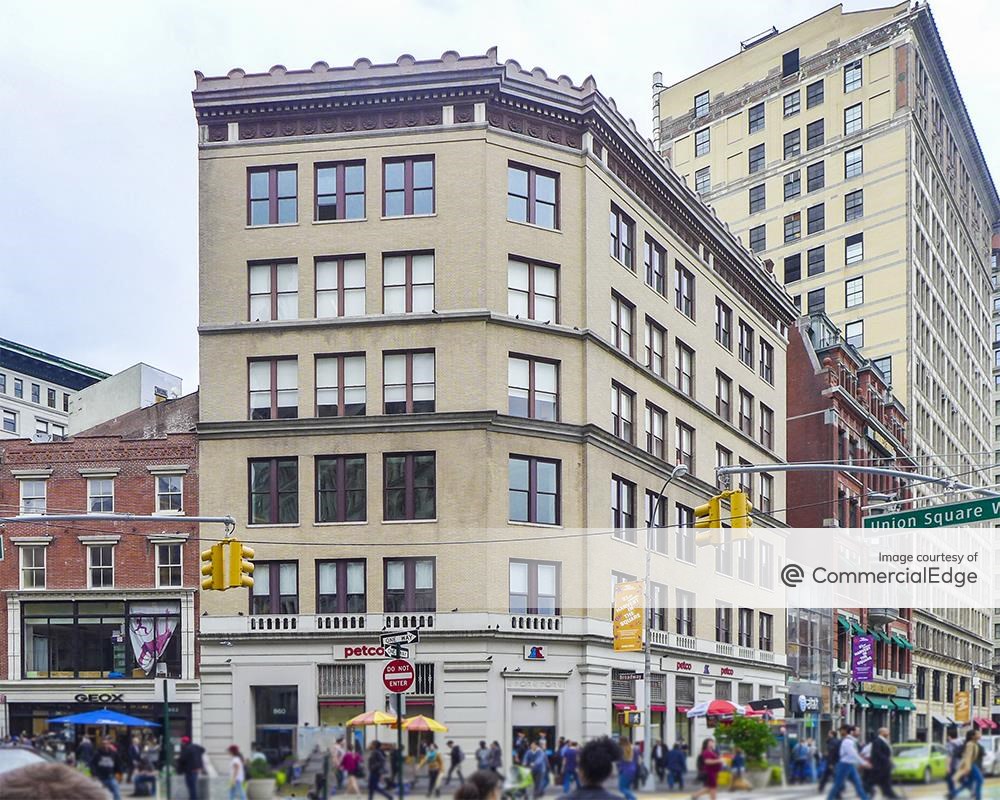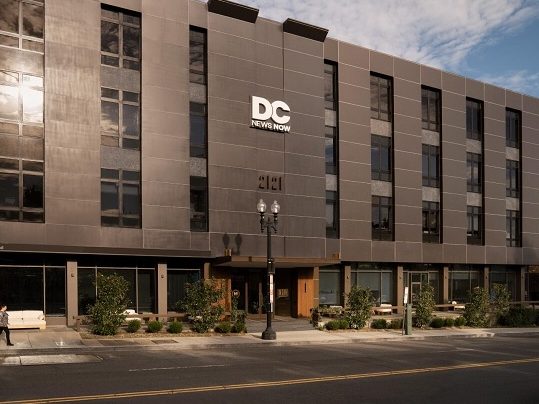Economy Watch: Fannie Mae Hits Up Uncle Sam Because of 2Q Loss
Fannie Mae returned to the U.S. Treasury on Thursday, hat in hand, asking for $1.5 billion in the wake of its net loss of $3.1 billion, or 55 cents a share, during the second quarter. Essentially, it was asking for its latest dividend back.
By Dees Stribling, Contributing Editor
Fannie Mae returned to the U.S. Treasury on Thursday, hat in hand, asking for $1.5 billion in the wake of its net loss of $3.1 billion, or 55 cents a share, during the second quarter. The loss included $1.9 billion in dividends paid to the U.S. Treasury because the United States owns preferred stock in Fannie Mae, so essentially the GSE is asking for its dividend back, except for a gratuity of $400 million.
The second quarter figure represents an improvement, however. During the first quarter, the GSE asked for and received some $8.4 billion in fresh funding from the United States. Still, after the second-quarter 2010 bailout is paid, the total from the Treasury to Fannie Mae will be $86.1 billion; even the most optimistic scenarios about Fannie Mae actually making money someday don’t include it ever paying off that amount.
What to do about Fannie and its brother in red ink, Freddie Mac? On Aug. 17, the Obama administration will host a conference of lawmakers, financial executives and other nabobs to hear ideas about repairing real estate finance. Treasury secretary Timothy Geithner has also said that he’ll unveil “a comprehensive” reform proposal for the GSEs come January.
July Chain-Store Sales Lackluster
According to Thomson Reuters’ survey of 28 major chain stores, sales in July rose 2.9 percent compared with July 2009, a result generally termed “modest.” Sales weren’t down, at least, but then again last summer was weak indeed for retailers, and topping it by not even 3 percent shows that consumers are being tightfisted.
As usual, some kinds of retail did better than others. Consumers are still partial to discounters, which racked up a sales increase of 3.9 percent compared with last year–a more impressive figure considering that discounters were virtually the only sort of retailer to do well during the depths of the recession.
By contrast, retailers specializing in teens were clobbered, but maybe the economy was less of a factor for them than the unpredictable whims of adolescence. American Eagle Outfitters Inc. recorded flat sales and Aeropostale Inc. eked out a 1 percent sales increase compared with last year, and both were probably glad to get them, since sales at Wet Seal Inc. dropped 4.3 percent and at Hot Topic dropped 9 percent.
Unnerving Jobless Claims
Economists (and maybe investors) were caught by surprise when the U.S. Department of Labor announced Thursday that initial claims for unemployment benefits went up to 479,000 last week. That represents an increase of 19,000 from the prior week. Though there’s a fair amount of noise in week-to-week movements in employment, the surprise uptick doesn’t bode well for the official monthly unemployment numbers, which will be announced by the government today.
Wall Street was in negative territory all day on Thursday, valiantly trying to claw its way upward near the end of trading. Close, but no cigar: The Dow Jones Industrial Average ended down 5.45 points, or 0.05 percent, while the S&P 500 and the Nasdaq lost 0.13 percent and 0.46 percent, respectively.






